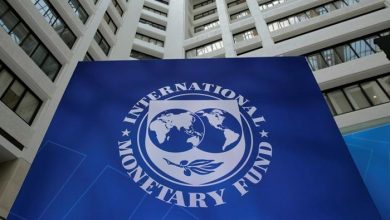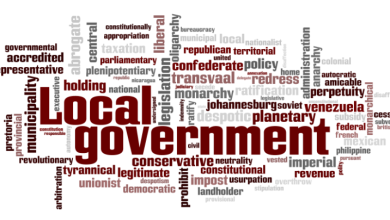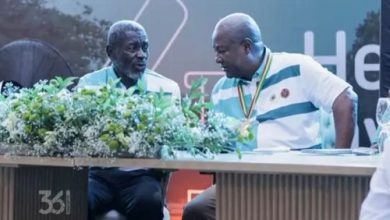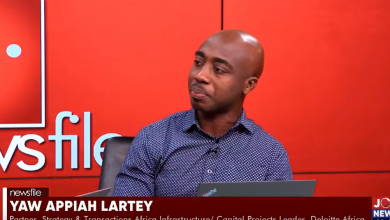Energy Minister Reviews Key Findings from Petroleum Downstream Reform Panel
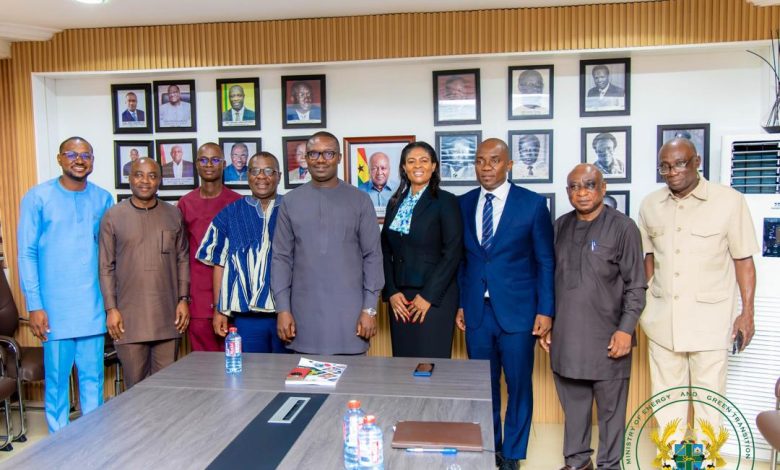
The Minister for Energy and Green Transition, Hon. John Abdulai Jinapor, has received the report of the Petroleum Downstream Sector Reforms Committee (PDSRC), inaugurated on March 14, 2025, to assess Ghana’s petroleum downstream sector.
The Committee was further tasked to propose measures to enhance the sector’s efficiency, transparency, competitiveness and long-term sustainability.
Presenting the report to the Minister on behalf of the committee, the Chairperson, Madam Emma Bulley, Esq., revealed that the Petroleum Downstream Sector has been saddled with many challenges.
“The Petroleum Downstream has been plagued with a myriad of challenges, including infrastructure bottlenecks, regulatory lapses, non-compliance by some Petroleum Service Providers (PSPs), operational inefficiencies, market constraints, illicit activities leading to unhealthy competition, compromised product quality and revenue loss to the state. Fortunately, the Committee has made a number of recommendations. Implementing these reforms will transform Ghana’s Petroleum downstream sector into a resilient and competitive one. We expect the full commitment of all stakeholders.”
Hon. John Jinapor thanked the committee for their commitment and professionalism.
“I want to thank the members of the committee and all stakeholders for the commitment and professionalism. I had absolute confidence that the members of the committee would deliver nothing short of excellence.
We pledged to reset Ghana, including the energy sector. The downstream is a crucial part of the sector and we aim to enhance regulation while dealing with operational inefficiencies and infrastructural bottlenecks.”
Members of the committee include Madam Emma Bulley, Esq (Chairperson), Dr. Kwabena Donkor, Ing. James D. Yamoah, Abass Ibrahim Tasunti, Joshua Anaman Sackey, Samuel Mills Anderson, Dr. Patrick Kwaku Ofori, Dr. Riverson Oppong, Gershon Klutse, Isaac Kofi Ampofo (Secretary).

